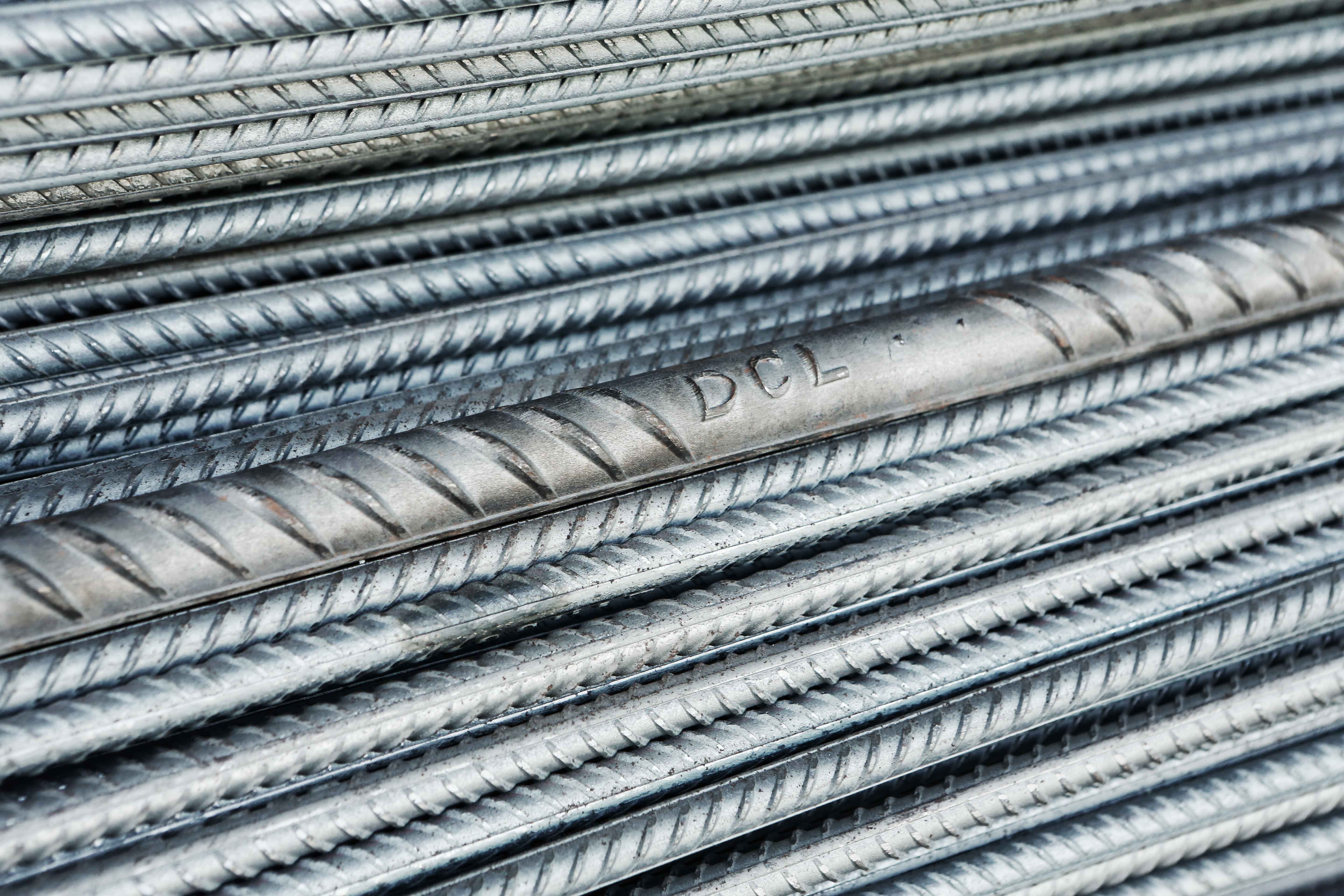Different types of tests to ascertain the quality of TMT bars

TMT bars in construction are highly recommended due to their tensile strength, anti-corrosive property, and flexibility. It is also the best alternative to beget enforced structures that are long-lasting. However, there are certain tests that you might have to conduct to ascertain the strength and quality of the TMT bars. Some of the tests are as follows:
Tensile Test:
A UTM or universal testing machine is used to determine the strength of the TMT bar. After cutting, a sample bar is passed through an axial force to measure the mechanical property of the material. The applied load is gradually increased at controlled rates and parameters recorded, including the force applied.
Yield Test:
The yield stress test measures the stress levels that can be endured by a material – precisely at levels where its plasticity begins to deform. Tests are conducted until the matter reaches a yield point, where it distorts elastically and returns to its original shape when the applied stress is removed. A line is drawn parallel to the elastic region beginning at a specific parameter, referred to as the strain or offset strain point. Brittle and ductile behaviours of the material are measured, distinguishing them against the stress-strain curve.
Bend Testing:
Wrong handling of materials can lead to the deformation of steel bars. Following particular bending radii that fall under prescribed sizes and standards is imperative at construction sites. The performance of steel reinforcement can be severely affected due to incorrect bending. Bending must be slow and gradual, without vibrations. Check for minimum bend parameters before undertaking the operation. Finally, do not bend the steel bar with the help of a hammer.
Choose TMT bars from Gulf Steel, the leading manufacturer of rebars in the UAE.
The bend test, however, uses a sample TMT rebar and checks its plastic deformation by applying load at a specific angle. It must be paralleled at a particular distance, which is controlled with the help of an insert. The bending arrangement is achieved with two supports and a Mandrel.
Re-Bend Testing:
A re-bend test is intended to evaluate the steel’s response to strain ageing. Strain ageing is embrittlement brought about by nitrogen diffusion after cold deformation. The danger of fracture bending is augmented due to steel’s declining toughness at lower temperatures. Proper temperature settings according to specifications must be applied to ensure appropriate outcomes of the test.
A sample TMT bar is bent through plastic deformation as the load is applied against an appropriate mandrel at a particular angle. Also, the bending sample should be aged before the test by submerging it in water at 100 degrees Celsius and then cooling it down.
Chemical Testing:
A spectrometer measures cross-section samples of TMT bars after being polished and ground on one side with abrasives to examine the chemical composition. The device takes a few seconds to print out elements contained in the TMT. The results are vital in ascertaining the percentages of sulphur, carbon, chromium, copper, manganese and other elements.
Ensure the utmost safety of your buildings by using high-grade TMT rebars from Gulf Steel.
 +971 2 551 0325, +971 50 441 5348
+971 2 551 0325, +971 50 441 5348 glfsteel@emirates.net.ae
glfsteel@emirates.net.ae  +971 2 551 0325,+971 2 551 0098, +971 50 441 5348 (Only For Sales Enquiries)
+971 2 551 0325,+971 2 551 0098, +971 50 441 5348 (Only For Sales Enquiries) +971 2 551 0325, +971 50 441 5348
+971 2 551 0325, +971 50 441 5348 glfsteel@emirates.net.ae
glfsteel@emirates.net.ae  +971 2 551 0325,+971 2 551 0098, +971 50 441 5348 (Only For Sales Enquiries)
+971 2 551 0325,+971 2 551 0098, +971 50 441 5348 (Only For Sales Enquiries) TMT bars in construction are highly recommended due to their tensile strength, anti-corrosive property, and flexibility. It is also the best alternative to beget enforced structures that are long-lasting. However, there are certain tests that you might have to conduct to ascertain the strength and quality of the TMT bars. Some of the tests are as follows:
TMT bars in construction are highly recommended due to their tensile strength, anti-corrosive property, and flexibility. It is also the best alternative to beget enforced structures that are long-lasting. However, there are certain tests that you might have to conduct to ascertain the strength and quality of the TMT bars. Some of the tests are as follows: